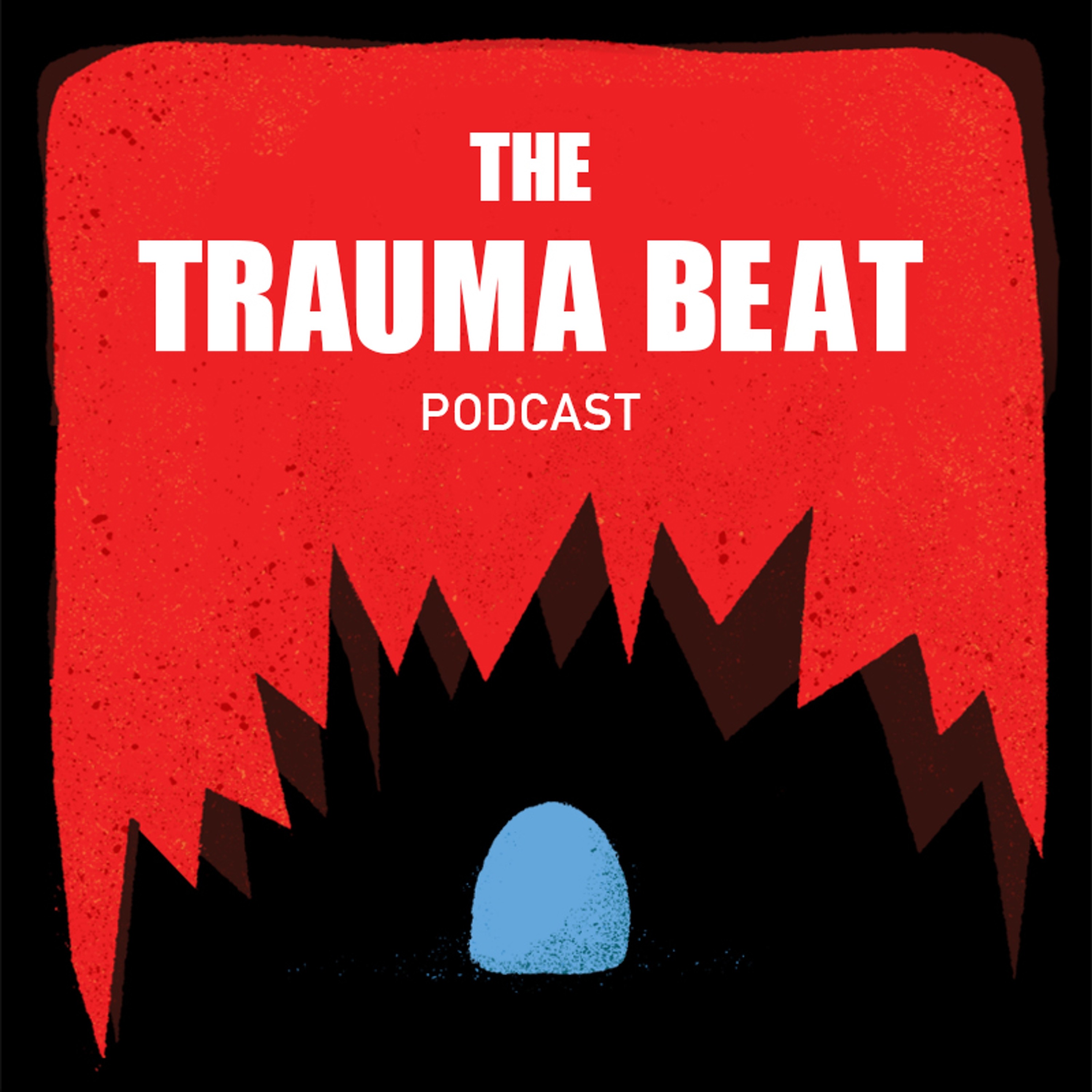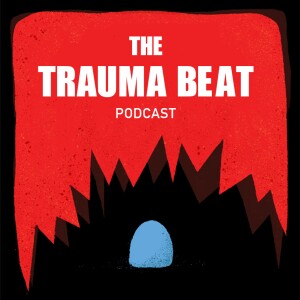
3.4K
Downloads
23
Episodes
Hosted by award-winning journalist, trauma researcher and author Tamara Cherry, The Trauma Beat podcast features conversations with trauma survivors, survivor support workers, investigators and journalists. From homicides to traffic fatalities and sexual violence to mass violence, The Trauma Beat explores how the news media covers traumatic events, the impact this coverage has on survivors and journalists, and how we all might be able to tell (and consume) these very important stories, better. Based on Tamara’s book, The Trauma Beat: A Case for Re-Thinking the Business of Bad News.
Episodes

Monday Jul 15, 2024
Moral Injury w/ Dr. Anthony Feinstein
Monday Jul 15, 2024
Monday Jul 15, 2024
Dr. Anthony Feinstein is a world-renowned psychiatrist who has spent much of his career studying the impact of trauma on journalists who work in war zones and under oppressive regimes. He is also the person who first introduced Tamara to the term “moral injury.”
In this episode, Dr. Feinstein discusses the concept of moral injury as it pertains to local news reporters, along with the responsibility of journalists and newsroom managers to ensure victims and survivors of traumatic events are handled in an ethical, trauma-informed way.
“In my profession, in medicine, the cardinal rule is doctor do no harm. And I think you have to bring that same lens to what you do as well,” Dr. Feinstein says of approaching victims and survivors in the immediate aftermath of traumatic events. “Because in that particular moment, you are getting that person at their most vulnerable, at a moment of overwhelming trauma.”
In illustrating the impact of photojournalism on trauma survivors, Dr. Feinstein refers to the Pulitzer Prize-winning photograph taken by an amateur photographer in the aftermath of the 1995 Oklahoma City bombing, and how harmful that iconic photo was for the family of the baby whose body was featured in the image. “Every time this woman sees the photograph, it reminds her of what happened,” he says. “From a trauma perspective, that’s a very difficult situation to deal with. So if you can prevent that, if you can lessen that, for me, that becomes a priority, not the Pulitzer photograph.”
Dr. Feinstein also discusses to the shame and guilt that most often accompany moral injury, sometimes alongside anger, disgust and contempt. He discusses how moral injury suffered by journalists can impact their journalism, and how newsroom managers can measure the risk of moral injury through the use of the Toronto Moral Injury Scale for Journalists.
Dr. Feinstein’s latest book, Moral Courage: 19 Profiles of Investigative Journalists, presents moral courage as the antidote to moral injury. All royalties from the sale of Moral Courage go toward covering the cost of therapy for freelance journalists.
Resources:
Moral Courage: 19 Profiles of Investigative Journalists
Dr. Feinstein’s series on Moral Courage for The Globe and Mail
Witnessing images of extreme violence: a psychological study of journalists in the newsroom
Trauma Assistance Fund for Freelancers
As per trauma-informed practice, each guest in The Trauma Beat podcast is afforded the opportunity to review and veto a list of anticipated questions before the recorded conversation. Ongoing, informed consent is sought throughout the production process.
This conversation was recorded in March 2024.
For more trauma-informed storytelling resources, visit pickupcommunications.com.

No comments yet. Be the first to say something!